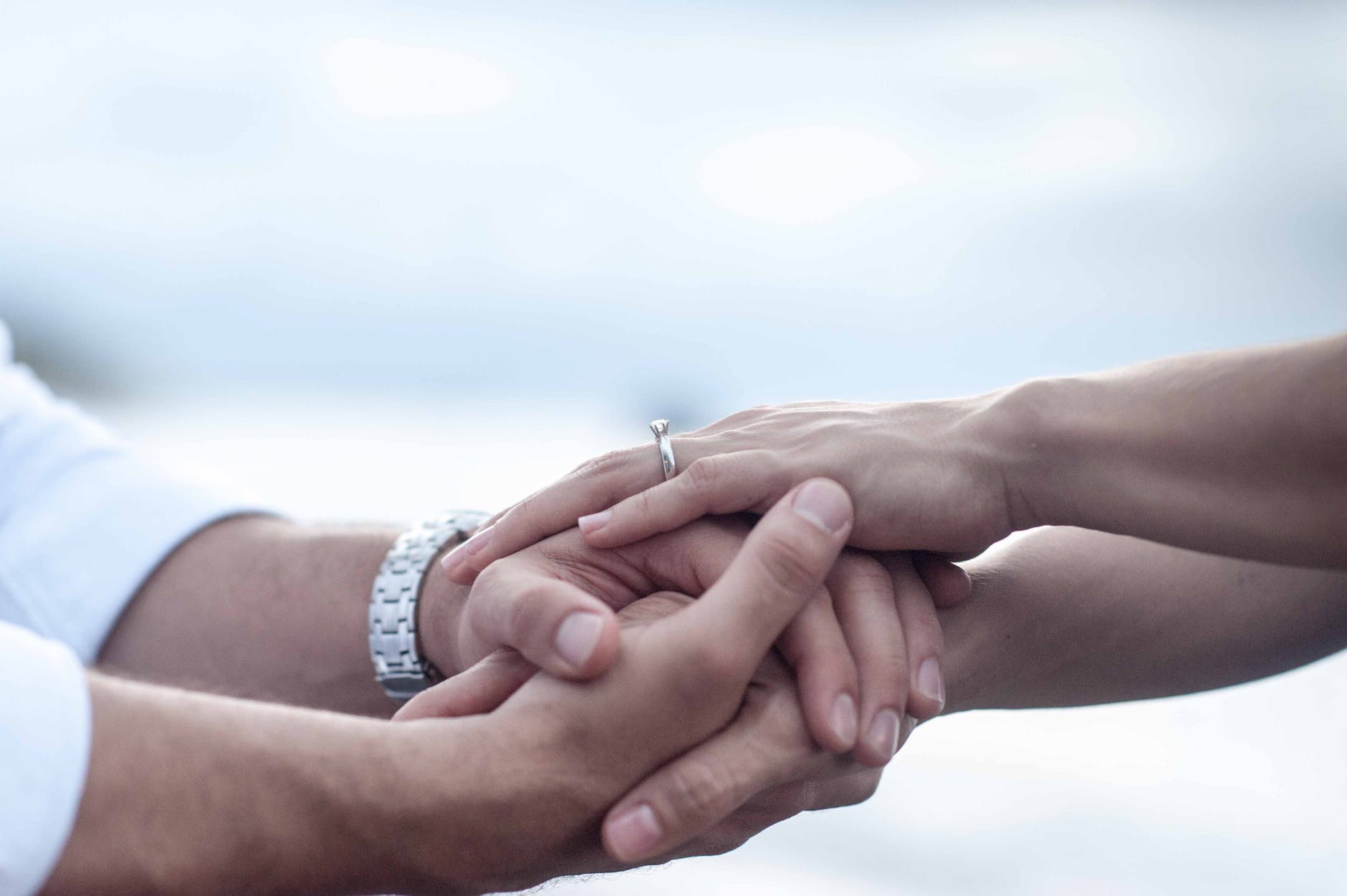Welcome to Gendemic

Gender-inclusive responses to a world in crisis
We launch this magazine into a world deep in crises.
Most immediately, the COVID-19 Coronavirus pandemic has hurled us into a way of living quite unlike any we have experienced before, or ever expected. In the short term we confront a submicroscopic killer that has shaken our lifestyles and our certainties to their very core.
As the UK and much of the world was entering lockdown, many of us cried out optimistically that when it is over, we cannot emerge into the same old world we left behind. Amidst the heartache and fear, the sickness and tragedy, the hardship and pain, lay opportunities for renewal and new beginnings. Here was a chance to press a reset button.
The world that fell prey to Coronavirus was already a world in crisis. From the environment to the economy and from our political institutions to our civic society, it felt like everything was either already broken or rapidly breaking down. Antonio Gramsci famously wrote that ‘the old is dying and the new cannot yet be born.’ Perhaps there, finally, was our moment, maybe the political and social response to the medical crisis could be the midwife of a new world.
Predictably enough, the early indicators suggest that the exact opposite is happening. The big winners of coronavirus are injustice and inequality; those paying the steepest price are still those who have least to spare. The talk on the pink pages of the financial papers is not of emptying the coffers of the tax havens in paradise to refloat the world’s economy, but of decades more austerity, more throttling of public services, more safety nets stripped away – the precise policies that are already known to have led directly to tens of thousands of deaths in the UK alone. Meanwhile the personal fortune of Jeff Bezos grows by another quarter of a million dollars every single minute.
Gendering the crisis
At the heart of this, issues relating to gender run through our politics and society like the grain on an oak table. Our gender not only goes far to determining who will fall ill or die, but how we will live in response. Here too, inequalities are thriving through the crisis. Across the world it will turn out to have been women who have paid the biggest price with their careers, earnings, professional and political seniority. It will turn out to be men who pay the biggest price with their health and their lives.
With schools closed, it will be the children who were already struggling behind who will fall furthest back. Those are primarily boys from the most disadvantaged and vulnerable backgrounds. No one has yet begun to quantify the impacts upon mental health of months of lockdown and extensive social upheaval, but those with expertise fear a global upsurge in male suicides, one that dwarfs even the terrible aftermath of the 2008 financial crash.
Within all of this are those forced to tolerate the sharpest pains of gendered injustice: the victims of domestic violence – both male and female – imprisoned with their abusers 24/7 and without escape routes; the survivors of sexual violence and abuse – both male and female – cut off from their coping strategies and support networks.
Surveying all the above, and so much more, we consider it obscene to even attempt to quantify the relative impacts and injustices of this crisis, far less pronounce comparisons or declare who are the “real” victims. Please forgive the cliché, but as we travel through this crisis and as we emerge to the other side, we really are all in this together, as men and women, gay and straight, cisgender and trans, partners and parents, friends and lovers. It is out of this truism that Gendemic is born.
We are inspired too, by a spirit of unrelenting, bloody-minded optimism, a belief that as individuals, as activists and campaigners, as writers and reporters, we can make a difference. We take heart from the courage and tenacity of campaigners against racism and white supremacy who – right now – are demanding a better, fairer and more just world. We take inspiration from the courage of survivors of abuse and harassment who speak out under the banners of #MeToo and #MenToo. We consider those activists and other campaigners for social justice across the world to be our friends, our allies and our inspiration.
Much like the crisis itself, we’re not entirely sure how long this journey will be or where we shall end up. We’re fairly sure it will be a trip, in every sense. We hope you can join us for at least some of the way.
For more about Gendemic and our principles, please see our About Us page